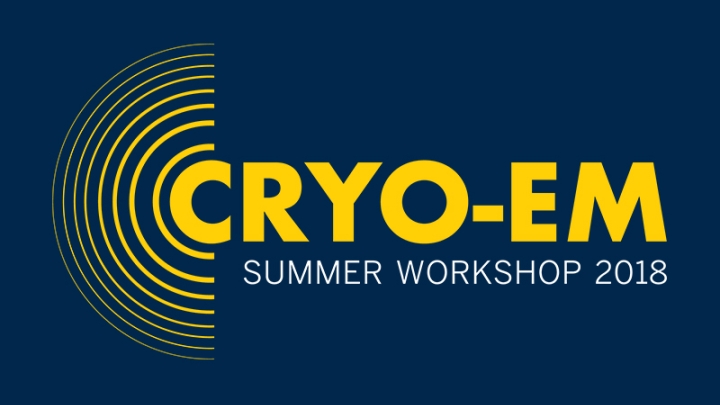
LSI to lead four-day cryo-EM workshop
ANN ARBOR — The University of Michigan Life Sciences Institute will lead a four-day cryo-electron microscopy workshop in June to introduce participants to common image processing software packages.
Recent technological developments in microscopes, cameras, and computation have led to a “resolution revolution” in the field of cryo-EM, making it possible to determine 3-D structures below a three-angstrom resolution.
The focus of the program — which runs June 24 to June 28 — is to introduce participants to common image processing packages used to analyze cryo-EM data. This is a hands-on opportunity where trainees will work with instructors to learn how to independently use cryo-EM software packages including cisTEM, cryoSPARC, RELION and Rosetta. Prior experience analyzing cryo-EM data will be helpful as the course is focused on providing participants with practical data processing experience.
The workshop is co-sponsored by Thermo Fisher Scientific, the manufacturer of the four cryo-EM microscopes used at the LSI’s world-class facility. Since its introduction ten years ago, the Thermo Scientific Krios cryo-EM system has proven its ability to visualize three-dimensional structures with near-atomic resolution. This has enabled researchers globally to begin unravelling the complex relationships between structure and function at the molecular and atomic levels.
“Our cryo-EM microscopes help scientists gain a deeper understanding of disease cause and, ultimately, accelerate development of new drugs and vaccines,” says Shiraz Ladiwala, senior vice president, strategy and corporate development at Thermo Fisher. “We are excited to collaborate with the University of Michigan Life Sciences Institute to train participants to get the most benefit from our Thermo Scientific Krios instruments and enable their research.”
Instructors of the program include LSI faculty members Michael Cianfrocco, Ph.D., and Melanie Ohi, Ph.D.
Guest lecturers include Xiaochen Bai, UT Southwestern; Alexis Rohou, Genentech; Zev Ripstein from the laboratory of John Rubinstein at the University of Toronto; and Frank Dimaio, University of Washington.
The workshop is open to investigators, staff, postdoctoral fellows and graduate students from any institution and to industry researchers. There are spots for up to 35 participants.
Costs for the workshop are $1,200 for academics and $1,500 for industry scientists, including meals, based on a shared, double-occupancy room.
Trainee Requirements
-
A laptop computer
-
Your own cryo-EM dataset for analysis (strongly recommended)
-
Watch Caltech online cryo-EM course before arriving


